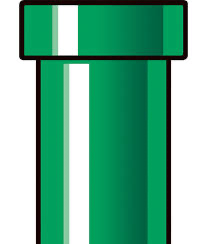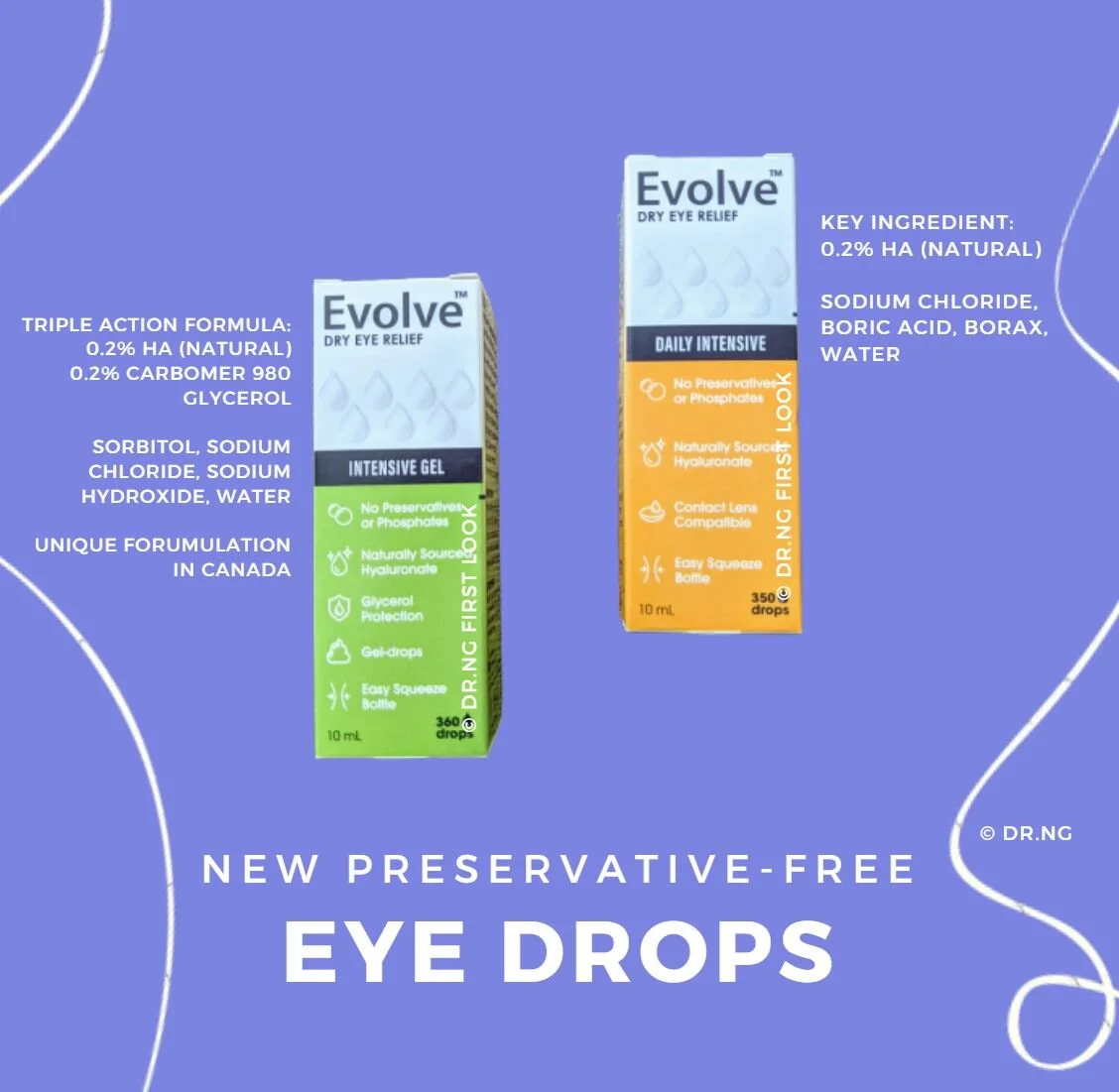Top 10 Tips About How to Protect your Eyes during COVID-19
Michael Ng
1) Frequent Hand Washing with soap and water for 30 seconds.
Hand washing is the most effective at killing the virus and protecting yourself from spread it.
2) Wearing contacts is safe.
There is no scientific evidence of contracting the virus more with contacts than with glasses or no glasses wear.
3) Avoid rubbing your eyes.
Studies show that we touch our face up to 23 times an hour. We touch everything with our hands and can easily spread the virus to ourselves. It is important to clean your hands frequently.
4) Wearing Contacts do not offer extra protection from COVID-19.
There’s no scientific proof for contacts. Glasses with side-shields may add some protection. However, wearing a face shield or safety googles that cover the eyes may help prevent the spread since the virus can spread through the eyes, mouth, and nose.
5) Wear a face covering & consider a face shield / safety googles / safety glasses for work.
We recommend wearing it especially to your eye exam or any health exam due to the proximity of transmission. During close examinations, optometrists will be wearing enhanced PPE to protect you. You will see breathe shields on testing equipment and plexiglass barriers in waiting rooms. We will dive more on this topic on what to expect at your eye exam next. Go to article: Eye Exams after Pandemic: Everything you need to know before you go.
6) Consider daily disposable contacts
We recommend switching from a bi-weekly or monthly lens to a daily lens. For reusable hard and soft lenses, consider a deeper cleaning solution like CLEAR CARE PLUS with Hydraglyde. It uses 3% hydrogen peroxide, which requires the user to soak it overnight (6 hours). It comes in a special case that will safely neutralize the hydrogen peroxide solution to water. NOTE: Do not use 3% H2O2 directly in the eye before it has had time to neutralize. It has to neutralize to water first after 6 hours. We recommend OPTI-FREE PureMoist for quick cleaning throughout the day if the lenses need to come out and CLEAR CARE PLUS for deep cleaning overnight.
7) Wash your glasses with soap & water daily.
Simply this is the best way to reduce damage to the frames and lenses.
Avoid any harsh chemicals like Windex, Dish soap, Alcohol-based products, etc.
Always rinse under running water for 30 seconds to remove any tiny debris before rubbing.
Use a microfiber cloth to clean lenses.
Let it air dry. Store in a case if you’re not using them right away.
Getting into this habit will not only prevent spread while keeping your frames lasting longer and removes any unwanted scent from oil accumulation throughout the day.
8) UVC exposure can damage your eyes. UV devices do not kill viruses effectively.
Due to popularity of UVC devices, we want to make it clear that there is no scientific proof of UVC can kill the virus effectively. Artificially produced UVC is used in hospital settings, sterilizing water, and banks to disinfect money but at high exposure. Sunlight is made of UVA, UVB, and most of the UVC is filtered out by our ozone. It takes hours for UVB to cause sunburn but seconds for UVC to affect our eyes. We know that cumulative exposure to UV radiation can trigger cancer development since UV damages DNA structure.
Recently, scientists have discovered a new type of UVC called far-UVC, which has shown to less damaging to human skill cells and rats. However, this has not been tested on humans yet and almost all UVC devices do not use this wavelength yet.
No one knows what wavelength and at what intensity of UV is needed it takes to deactivate COVID-19. What we do know is that it can be harmful to your eyes and body.
9) Wear YOUR sunglasses.
Sunglasses can act as another barrier. Studies show cumulative UV exposure causes cataracts, macular degeneration, and other aging effects on the eye. One study showed that cumulative exposure of UVB over 8 years can contribute to development of cortical cataracts. More specifically, it affected the lower nasal region of the lenses of both eye more than any other region of the lens. Check for a label on lenses that states UV or UVA/UVB/UVC protection. Most ophthalmic lenses will come with a card stating its authenticity and lens features.
10) If your eyes are dry. use eye drops.
Coronavirus does not cause dry eyes, but dry eyes may be a symptom of prolong work at the computer screen, use of googles, and improper use of masks.
We know that our tears act as a shield to help protect our eyes from bacteria and debris. Evidence show we produce less tears after 50 years old. Asian groups have greater symptoms of dry eye than other ethnicity. In addition, we blink 8-10x less when we are in front of screens. If you’re working from home more now, try to take breaks every 20 minutes for your eyes. Look outside more often, remind yourself to drink more water, and use every drops to keep your eyes feeling great. See my article on what preservative-free eye drops are the best for your eyes.
BONUS) Coronavirus not likely to spread from our tears.
While studies have confirmed spread occurs from AEROSOL droplets released from talking, coughing or sneezing; a new study showed infected patients do not appear to be spreading via tears. No patients in the study had pink eye but health officials report pink eye is seen in 1-3% of coronavirus patients. Therefore, the study concluded coronavirus spreading through tears should be low-risk.
Are your eyes working harder than they have to? Talk to your local optometrist about digital eye strain and dry eyes.
Thanks for reading. I hope you enjoyed it and learned something new. Take safe precautions during these tumultuous times. Share if you liked it. New articles coming out soon.
Studies / Deeper Dives
Face Touching: A Frequent Habit That Has Implication for Hand Hygiene (2015): https://pubmed.ncbi.nlm.nih.gov/25637115/
COVID-19 and contact lenses: the facts you need to know (2020): https://core.uwaterloo.ca/covid-19/
Can you kill coranovirus with UV light?(2020): https://www.bbc.com/future/article/20200327-can-you-kill-coronavirus-with-uv-light
The Differential Effect of Utraviolet light Exposure on Cataract Rate across regions of the lens (2010) https://iovs.arvojournals.org/article.aspx?articleid=2126317
Low risk of coronavirus spreading through tears (2020): https://www.sciencedaily.com/releases/2020/03/200325143826.htm









